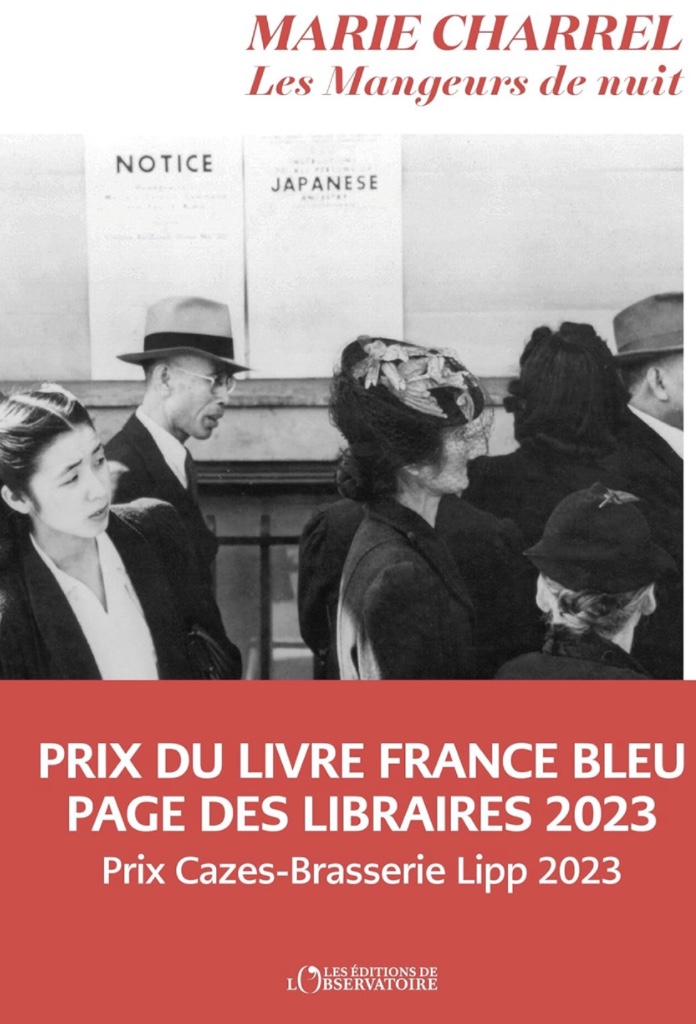
If it was legal and accepted to take the life of a living being in the context of hunting, to kill a domestic animal is considered a crime – he was pretty sure. And as for intentionally starting a fire, that was beyond comprehension : how did these hillbillies become arsonists?***
My third book read this year for the Readers Prize at the Quai du Polar in Lyon finished a while back but over which I have dillydallied before writing this post; Olivier Ciechelski tells the story of an outsider keeping a low profile not to create waves until he needs to defend what is his.
Stan, retired from the military after a number of missions in war zones has bought a plot of land and a run down house in the hills in central France, meaning to keep himself to himself, but the world has other plans for him. a group of local hunters open a trail across his land marking it with paint without asking him, when he confronts them he is told that they have always hunted here and thus don’t need to ask permission.
Stan rents out a winter area for sheep on his land to a local sheep farmer, Pradal, and discovers a young woman, Mathilda preparing to take the sheep up to the high pastures for summer and felt a little guilty about the caravan she would use during the preparation:
Before leaving, Pradal showed her the caravan. It smelt of fags, boiled cabbage and damp hair; black mold was dotted all over the walls. Stan watched Mathilda for her reaction but she didn’t let anything show. he showed her the cold water tap which would be her only access to water and was a little ashamed.***
Things begin to go wrong when, after moving the markings on the trail one of the hunters falls and breaks a leg, the group the enters into his home without knocking to threaten him and incidentally see Mathilda’s wet clothes drying, jumping to false conclusions.
Firstly the hunters kill a boar which had been coming to Stan’s back door for food, this upsets him considerably and he thinks it over:
He wasn’t welcome here. He had thought to live there without playing the game of belonging to the community. But the community wouldn’t accept that and he would never again be able to live in peace. The violence had found him, he had taken to it like an old confortable piece of clothing. It had come back to him like a gesture repeated thousands of times such as the handle of a door we open in the dark, like a tool knows out hand, like our hand knows the weapon which occasionally ahead of the mouvement reaches out for our hand.***
They then come back for him, armed, and he takes to the hills. As alluded to in the opening quote the hunters then burn down his house and follow him. After returning to ensure that they leave Mathilda alone, a good job he does, and shooting and injuring one of them he takes to the high ground where his army training would enable him to survive for a considerable time, but where he is alone with his thoughts.
A study of a man on the margins of society and his struggles with his own mind. A reasonable story but not my winner.
First published in French by Éditions du Rouergue in 2023 as ‘Feux dans la plaine’
*** my translation
The quotes as read in French before translation
S’il était légal et admis de supprimer un être vivant dans le cadre de la chasse, tuer un animal domestique était considéré comme un crime – il en était presque sûr. Quant à l’incendie volontaire, ça dépassait l’entendement : comment ces petits-bourgeois des collines étaient-ils devenus des incendiaires ?
Avant de prendre congé, Pradal lui montra la caravane. L’endroit puait la clope, le chou rance et le poil mouillé ; des moisissures noires constellaient les parois. Stan guetta la réaction de Mathilde mais elle ne laissa rien paraître. Il lui montra le robinet d’eau froide qui serait son seul point d’eau et eut un peu honte.
Il n’était pas le bienvenu ici. Il avait cru pouvoir vivre là sans jouer le jeu de la communauté humaine. Mais la communauté humaine ne voulait pas cela et il ne serait plus jamais en paix. La violence l’avait retrouvé, il l’avait endossée comme un vieux vêtement confortable. Elle était revenue comme un geste qu’on a fait mille fois, comme la poignée de porte qu’on trouve dans le noir, comme l’outil connaît la main, comme la main connaît l’arme, l’arme qui parfois devance le geste et cherche la main.








